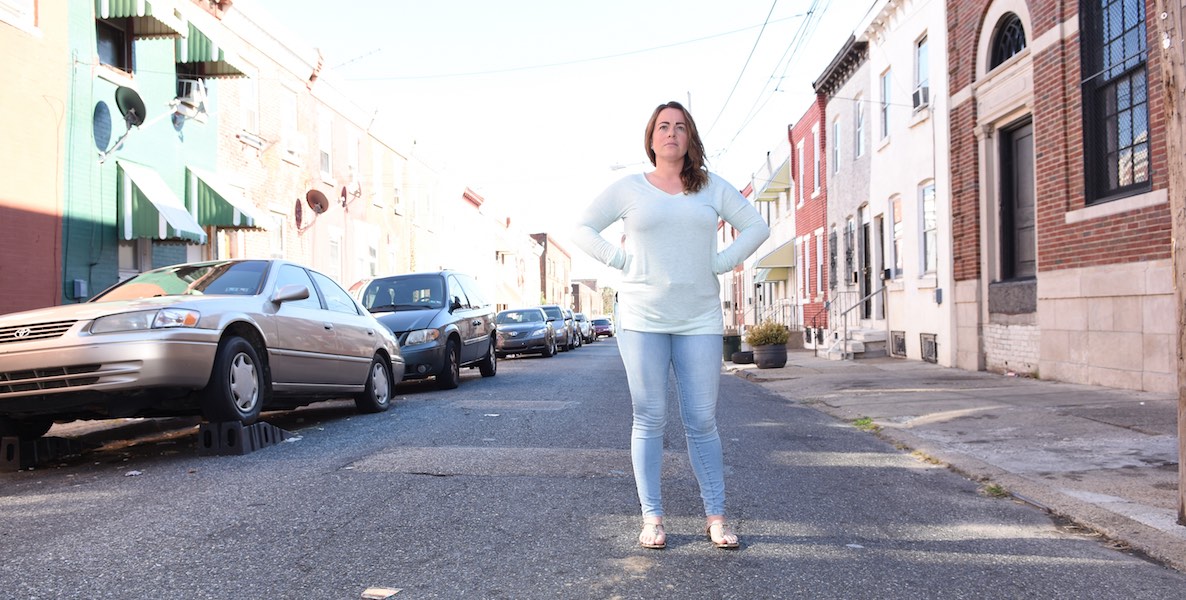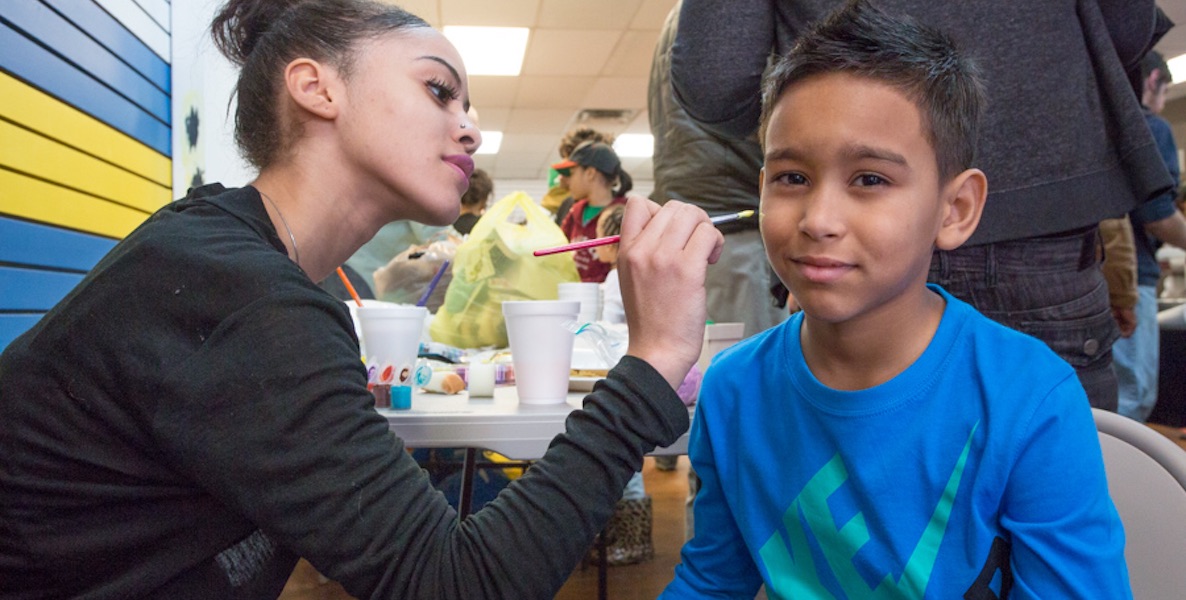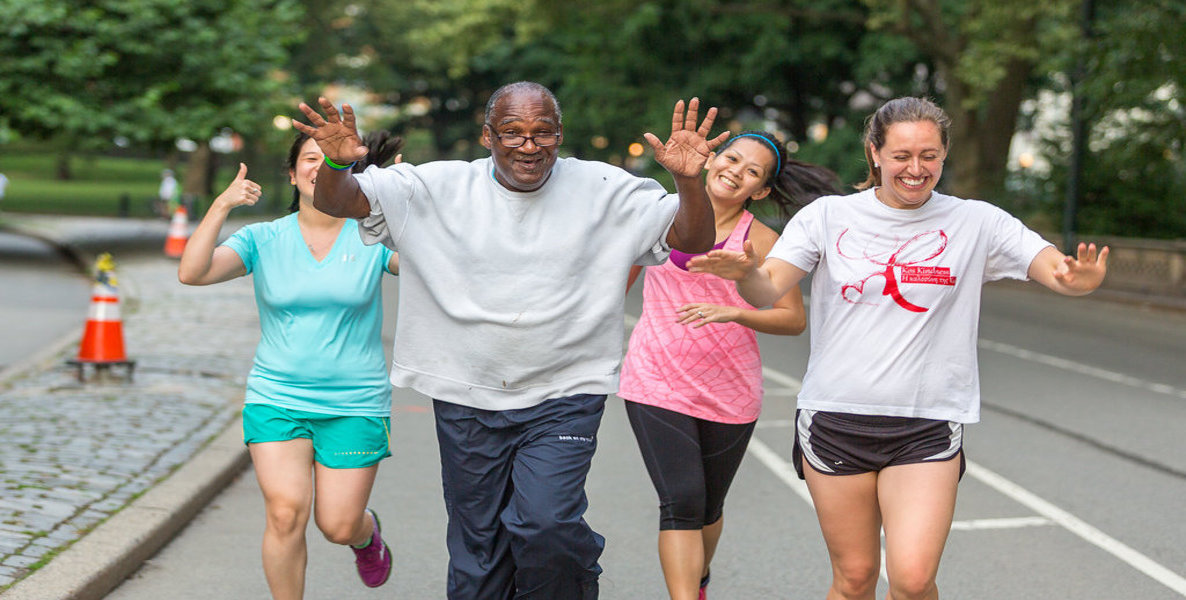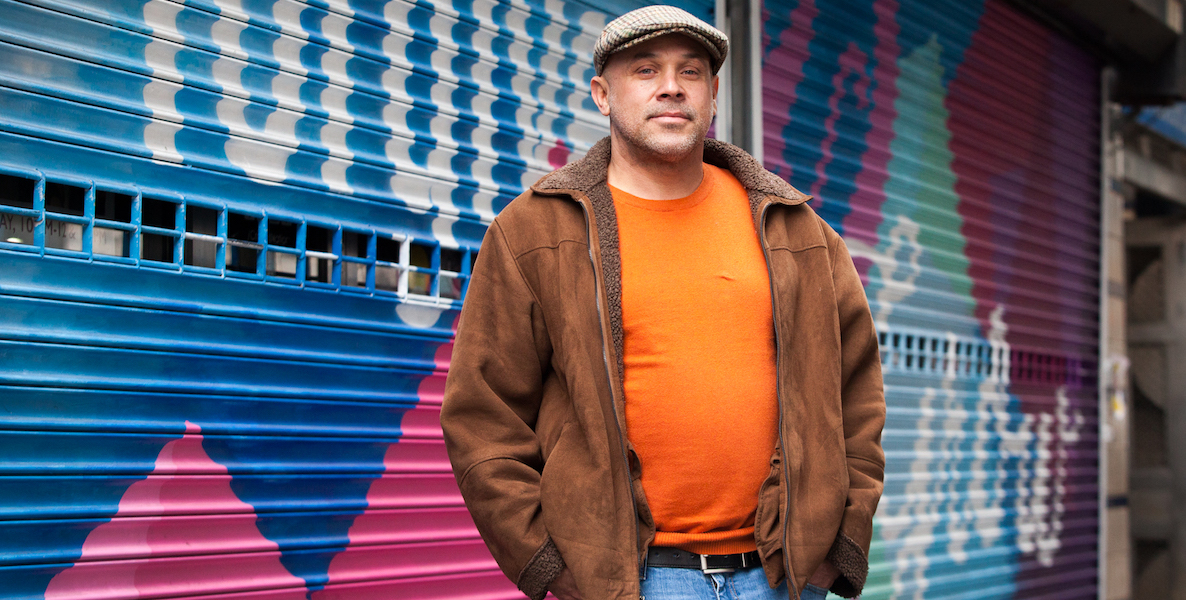At 7 p.m. on Wednesdays, under the El at Kensington Avenue and Somerset Street, Frankford resident Freddie Laboy makes sure the Porch Light’s Kensington Storefront door is always open. On one side is a community in the trenches of the city’s addiction crisis; on the other are individuals—and their allies—who take prescription medication to fight it.
Be Part of the Solution
Become a Citizen member.
In early December, Laboy organized the city’s first-ever medication-assisted recovery meeting in response to the stigma within local 12-step groups and recovery organizations against those who take medications like methadone, buprenorphine (Suboxone and Subutex), and extended-release naltrexone (Vivitrol) to treat opioid cravings and withdrawal symptoms.
Medication-assisted recovery, which is a combination of FDA-approved medications for opioid use disorder (OUD) and psychosocial therapy, has been proven by countless studies as the most effective treatment for OUD—more effective than medication or psychosocial treatment independently. However, for a variety of reasons, many individuals within the recovery community believe that those who take these medications are substituting one drug for another, getting high and not truly in recovery.
“Out here in our community, we’re experiencing a lot of negative feedback from people who tried to go to different 12-step meetings and are being told that ‘because you’re on medication, you’re not clean,’” shared Laboy, who is a member of a 12-step group and a certified recovery specialist in Kensington.
This stigma, which creates a barrier for people seeking peer support in addition to their medication, is what inspired Laboy to start the meeting. The support group, which meets every Wednesday from 7 to 8 p.m., is a safe, no-judgment zone for those who take these medicines. It has the potential to save lives at a time when every such effort is desperately needed.
The city is grappling with an addiction epidemic that shows no sign of abating. This year, Philadelphia is projected to suffer more than 1,200 overdose deaths—a 32 percent increase from 2016—and that’s not counting the thousands more who lived through overdoses or are incarcerated on drug charges. In Kensington, where sirens are part of the permanent soundscape, drug encampments line the underpasses, and librarians carry the overdose-reversal medicine Narcan, this is just one of many existing and potential solutions.
“The recovery community can’t continue to push away,” said Laboy. “If I’m truly about recovery, then I have to stay open-minded to everything—not one size fits all. That’s not what recovery’s all about.”
For Laboy, who is both a person in long-term recovery and a survivor of sexual assault, it’s important to embrace recovery’s many pathways and see those who take medication as people who refuse to give up on themselves. Before entering recovery, he spent 12 years in state prison, went to more than 20 rehabs, and sold his body on the streets of Kensington. Through it all, he never gave up, and though he does not take these medications as part of his recovery, he is to those who do an ally.
“The recovery community can’t continue to push away,” said Laboy. “If I’m truly about recovery, then I have to stay open-minded to everything—not one size fits all. That’s not what recovery’s all about.”
The one-size-fits-all mentality Laboy describes often comes from members of 12-step programs like Alcoholics Anonymous (AA) and Narcotics Anonymous (NA). Both are fellowships through which individuals build their recoveries on complete abstinence from mind- and mood-altering substances, such as alcohol and opiates.
While AA and NA’s worldwide offices encourage members to make decisions regarding medication with their physicians, some members—in groups locally and across the country—make those who take them feel unwelcome. Abstinence, in 12-step groups, has varying interpretations, and many members oppose the use of medications because of what they see as the potential for dependence.
In the Narcotics Anonymous and Persons Receiving Medication-Assisted Treatment pamphlet, which NA published in 2016 for professionals who prescribe medication to treat addiction, it states that individuals who attend meetings while taking medication may encounter members who embrace them or members who adamantly oppose the use of medication and prohibit them from sharing in meetings.
But according to the National Institute on Drug Abuse (NIDA), these medications are safe and effective, and individuals do not get high when taking them as prescribed. Not only that, but medication-assisted recovery saves lives by decreasing opioid use, fatal opioid-related overdoses, criminal activity, and disease transmission.
That’s what happened with Carla, who introduced herself to the group of six men and women, arrayed on folding chairs around a table at the December 14th meeting at Porch Light. After years addicted to heroin and pills, Carla said she got a prescription for Suboxone from the Kensington-based social services organization Prevention Point that changed her life entirely. She has been in recovery for seven years now, assisted by medication.
This year, Philadelphia is projected to suffer more than 1,200 overdose deaths, and that’s not counting the thousands more who lived through overdoses or are incarcerated on drug charges. This has the potential to save lives at a time when every such effort is desperately needed.
Today, Carla gets up and showers—something she didn’t do while she was using drugs—and she stopped spending all of her money on her drug use. She can pay rent and buy her son gifts for Christmas and his birthday. She has a job helping people who are facing addiction and homelessness. She goes to the gym. She has friends.
“A lot of people thought I was going to die because I lost three sisters who turned to drug addiction, and one, her boyfriend killed her,” Carla told the group. “So for me to be on Suboxone and have this amount of time is a big thing.”
Others at the meeting, like Rosa, have stopped taking these medications entirely. Rosa, who has been in recovery for nine years, was prescribed Suboxone by a private doctor for six of them. Though Rosa credits AA more than anything else for making her recovery possible, she always knew not to share her medication status with the group.
Today, Rosa is a college graduate working in a field in which she’s passionate. She has a positive, trusting relationship with her parents, which wasn’t the case before she entered recovery. Most importantly, she’s comfortable with herself, her emotions, and handling whatever life sends her way—things she learned to be and do while taking medication.
Carla and Rosa’s stories give much-needed hope to those newer to recovery, like one woman at Laboy’s first meeting who had recently started taking methadone for her addiction. One day, she plans to be up there with a similar story. For now, though, she was just grateful to be inside Porch Light with Laboy, meeting others on the same path to recovery. Just 58 days earlier, she’d been on the other side of the door.
Jillian Bauer-Reese, an assistant professor of journalism in the Klein College of Media and Communication at Temple University, teaches a course called Solutions Journalism: Covering Addiction. She is also a person in long-term recovery. You can contact her at [email protected] or on Twitter @thesmallpicture.






